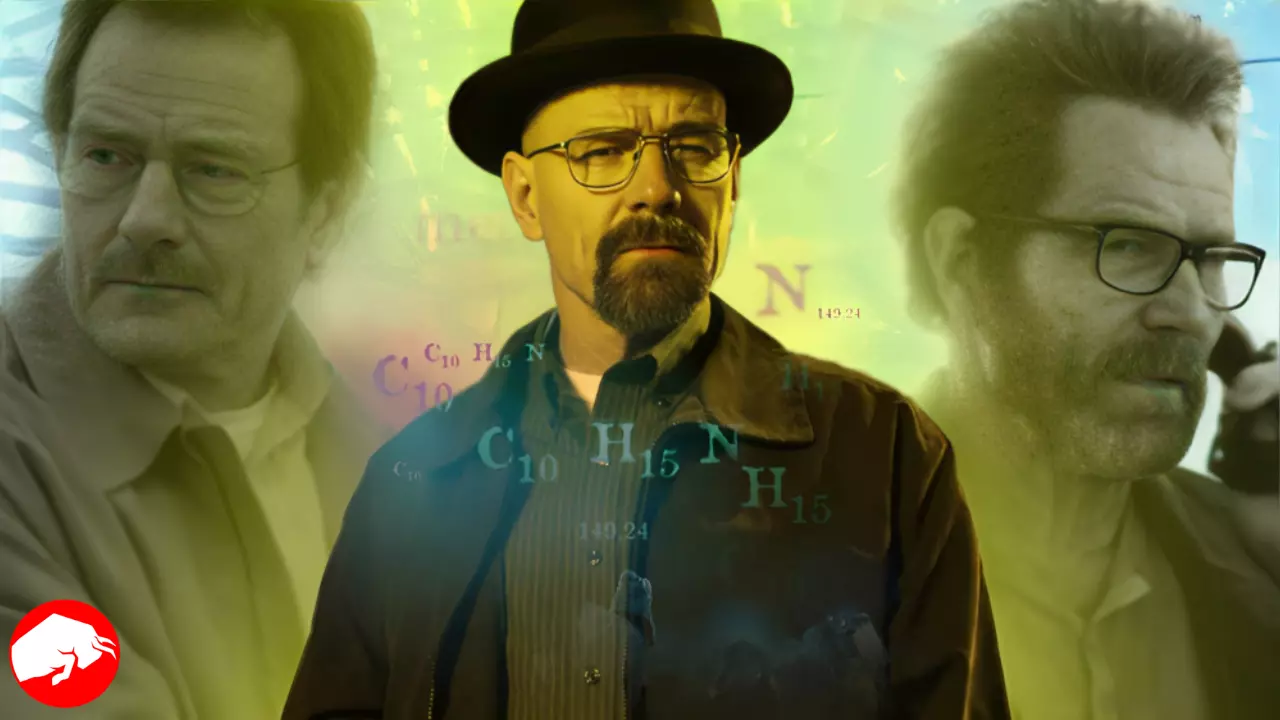Walter White is a character we can’t forget, and a lot of that credit goes to the amazing actor Bryan Cranston, who played him in Breaking Bad. In the beginning, Walter seemed like any regular person. He was a high school chemistry teacher who always kept to himself and never caused any trouble. Walter had a calm and gentle nature which made people easily like him.
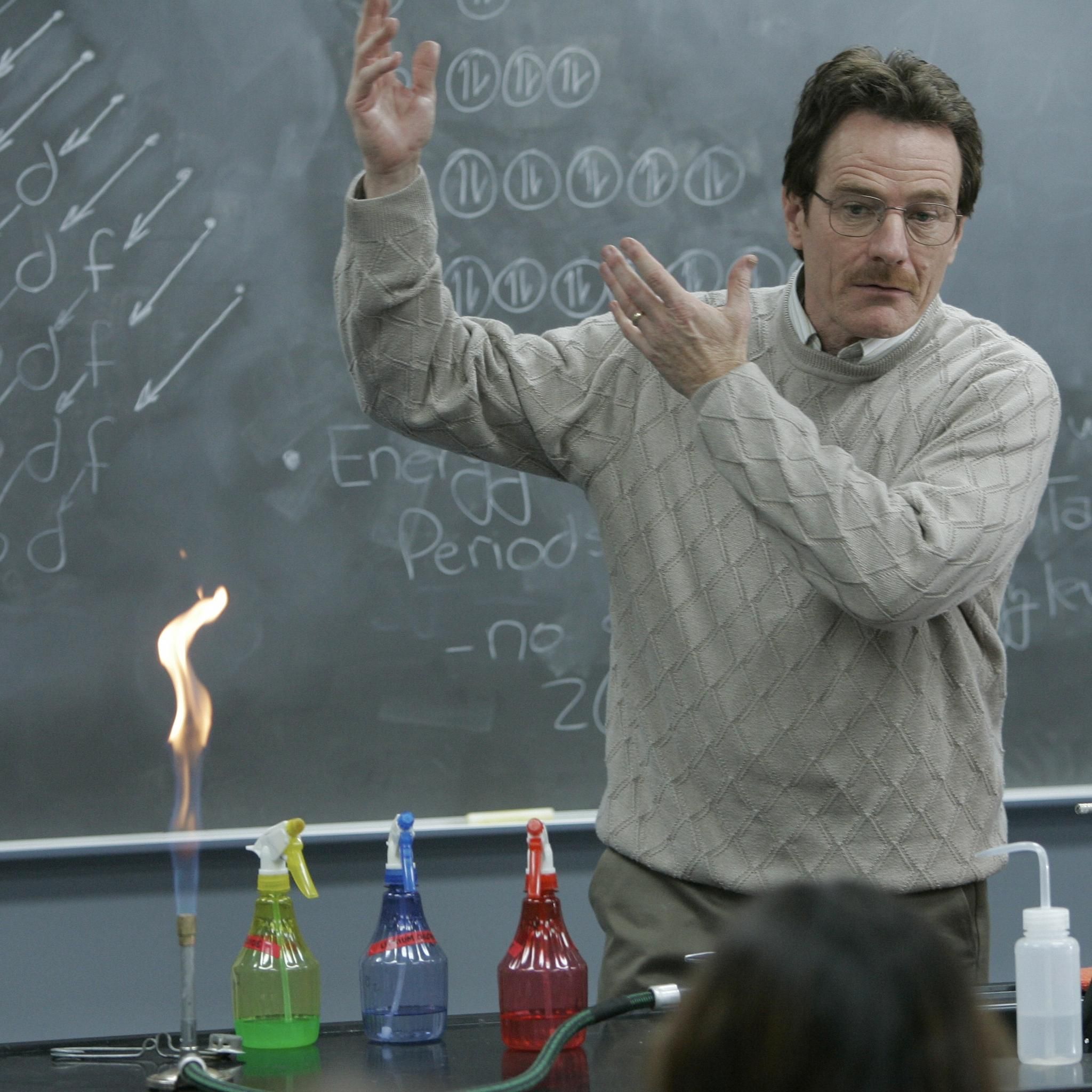
Sadly, life threw a curveball at him when he found out he had terminal lung cancer. This news was very hard for him, especially since he had a family to take care of. Money became a big worry for him, and he felt the pressure to ensure his family would be okay without him. These real-world problems made many viewers feel a connection to Walter; it was easy to see parts of our own lives in his struggles.
However, as more episodes of Breaking Bad came out, we began to see a different side of Walter. The story took us far from that simple high school classroom and deep into the vast, empty deserts of New Mexico. Here, in these lonely places, Walter entered the dark world of drugs and crime. This was a place where right and wrong weren’t always clear. Walter’s choices started to change, and we, as viewers, had to question our feelings about him. Sometimes he did things that were really surprising and brave, while other times his actions made us question his morals. It was a complex and twisting story that kept everyone guessing.
The Descent into Darkness
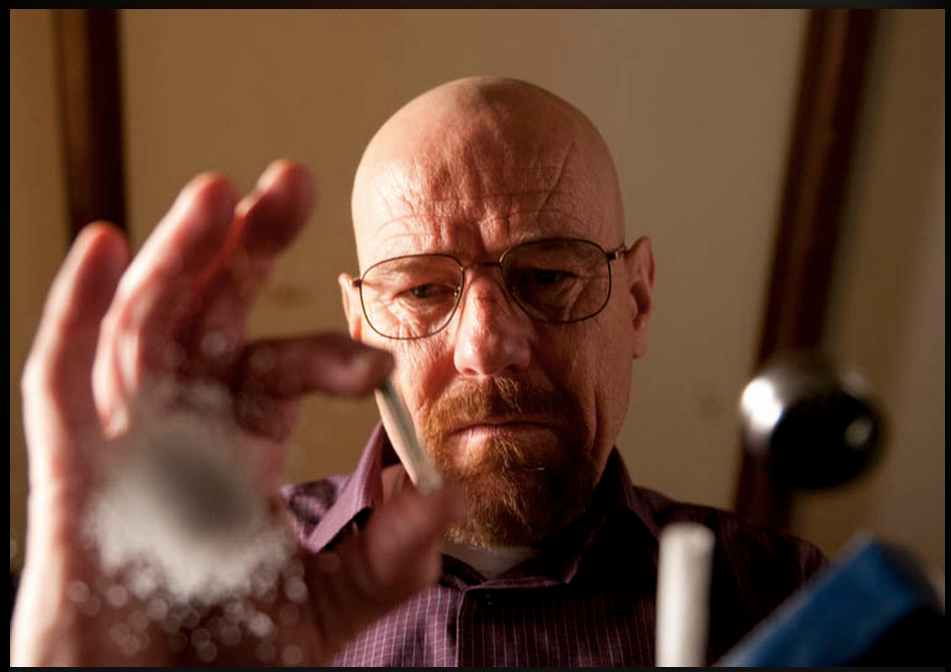
In the beginning, Walter started getting involved in the drug business because he felt he had no other choice. He was very worried about his health problems and didn’t want to leave his family with nothing. He thought that making and selling methamphetamine would be a way to give his family a lot of money for the future. However, as time went on, Walter’s feelings changed.
He once said, “I did it for me. I liked it. I was good at it. And I was really… alive.”
This shows that Walter realized something important about himself. He wasn’t just making drugs for his family anymore. He was doing it because it made him feel powerful, important, and alive. It was a way for him to find his own place in the world and feel good about himself. This change in how he saw things was a big moment in his life. It wasn’t just about money or his family anymore; it was also about him finding his true self and feeling strong.
Power Play: Heisenberg Emerges
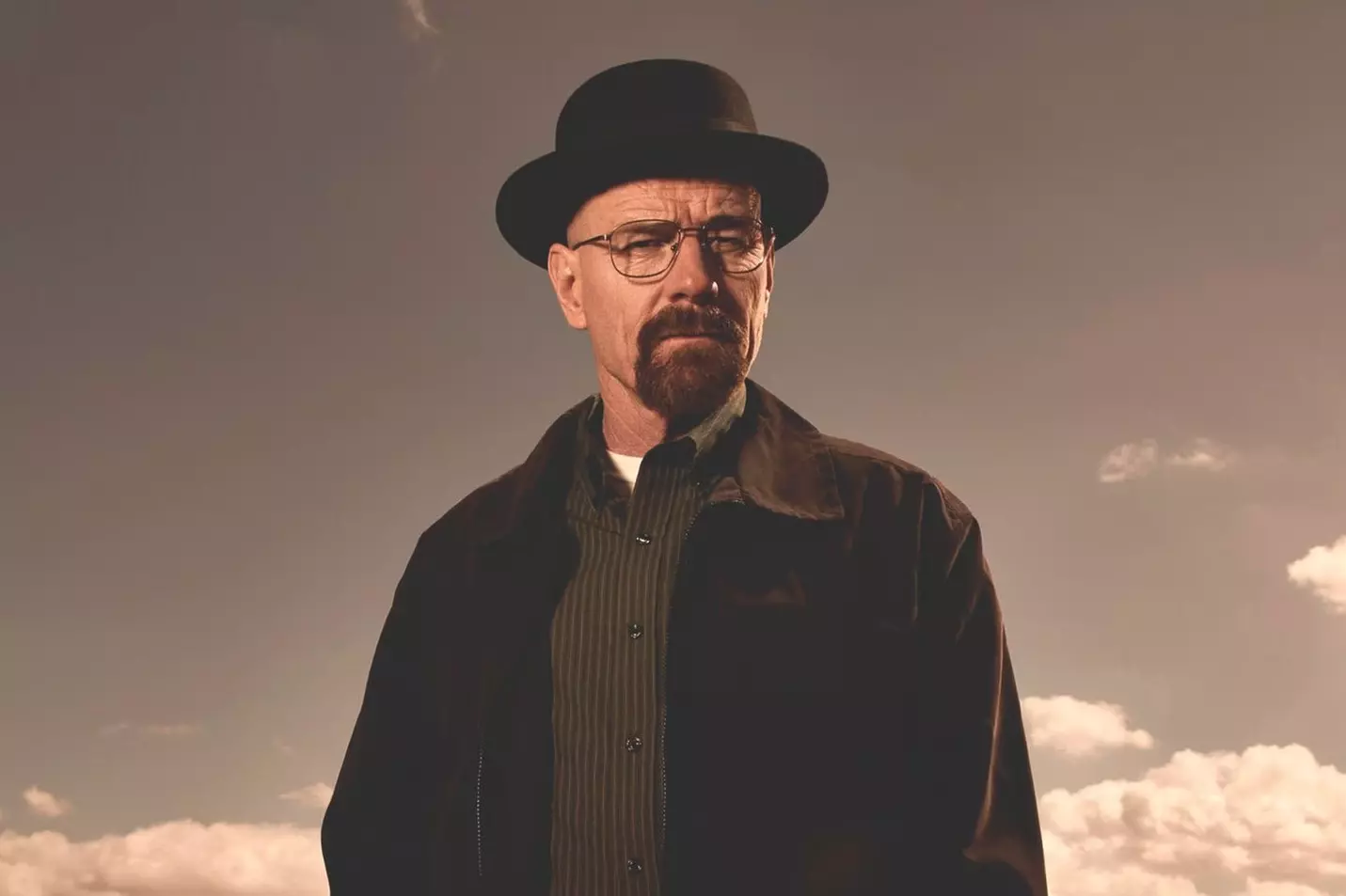
The transformation into “Heisenberg” marked a major turning point for Walter. “Heisenberg” wasn’t just a new name he picked out of thin air; it was the reflection of a deep change within him. It was as if Walter shed his old skin and adopted a brand new identity. When people think of Heisenberg, they remember the iconic hat that he always wore. It became a symbol of his new persona. But it wasn’t just about outward appearances. Inside, Walter became colder, more calculating, and strategic.
As Heisenberg, he seemed to think several steps ahead and showed a level of dominance that Walter never did before. In the dangerous and unpredictable world of drug dealing and gangsters, where every move could mean life or death, Heisenberg was like a protective shield for Walter. It was both his defense against the threats around him and his means of asserting control. This alter ego, in many ways, became his most powerful tool and weapon in a world where he needed to be strong and fearless.
A Symphony of Betrayals and Alliances
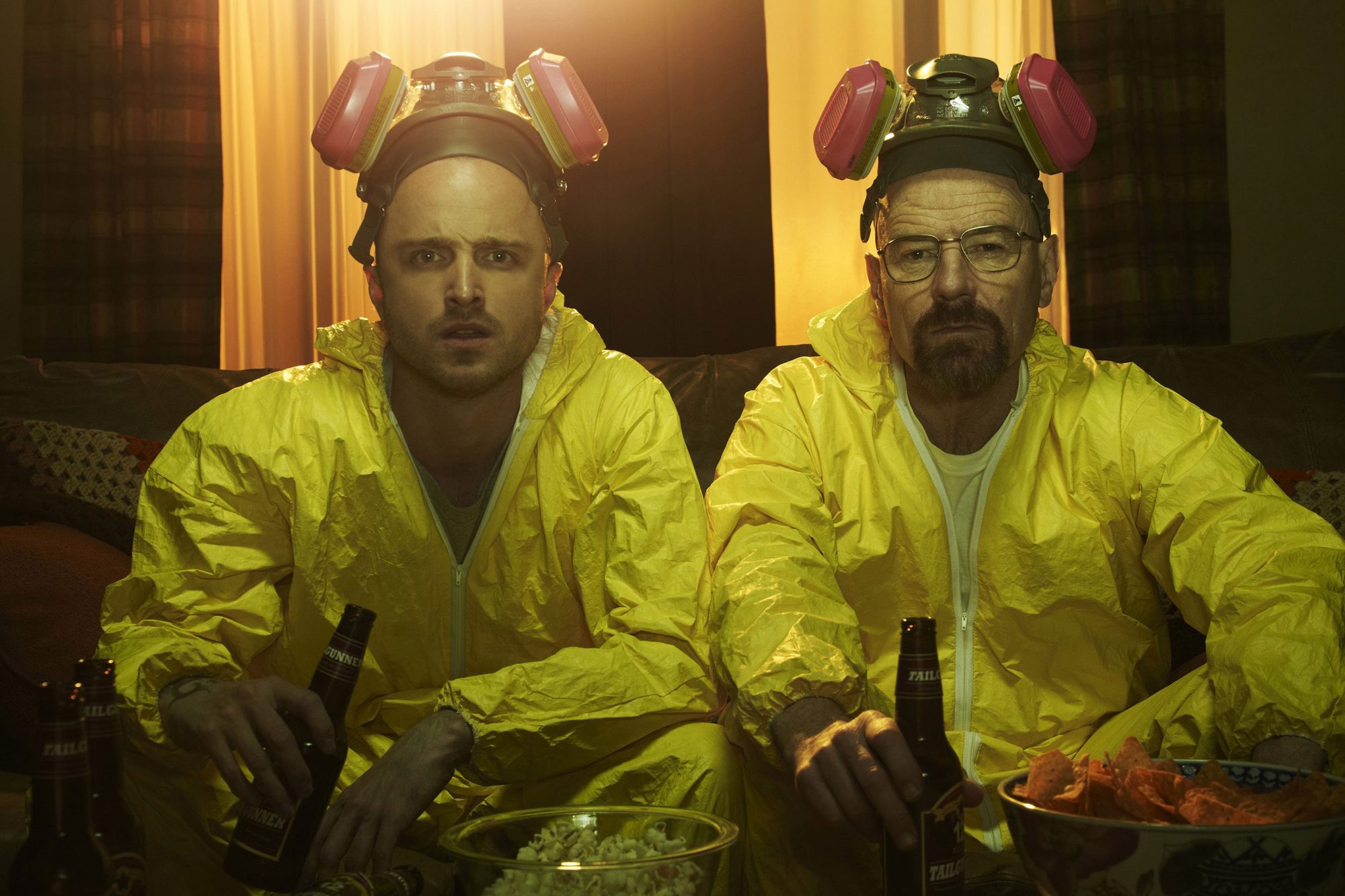
Walter, during his time involved in the drug business, formed many relationships and also ended many. These relationships showed how his values and what he cared about changed over time. One person he had a relationship with was Jesse Pinkman, a character acted by Aaron Paul. With Jesse, Walter’s relationship was complex. Sometimes, Walter acted like a mentor or teacher, guiding Jesse. Other times, they shared moments that felt like true friendship. But there were also moments when Walter used and manipulated Jesse for his own benefit. This mix showed how uncertain and changing Walter’s feelings and choices were.
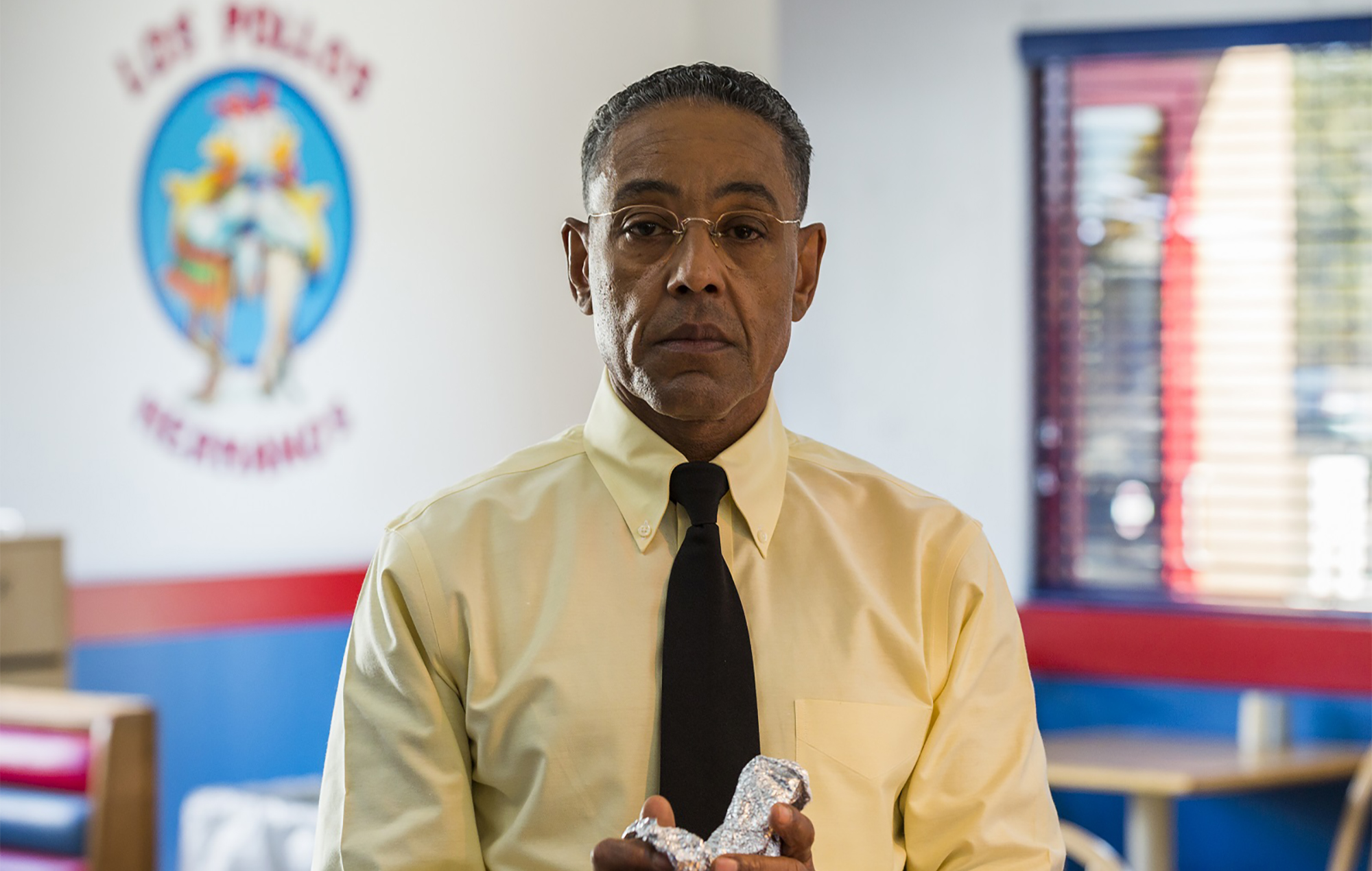
On the other side, Walter had run-ins with strong and challenging enemies, one of them being Gustavo Fring. These moments with Gustavo showed how far Walter was ready to go to make sure he stayed in a powerful position in the drug world. He was willing to do a lot to make sure he was the one in charge and on top.
The Price of Power
As the TV series continued, it became clearer and clearer how much harm Walter’s decisions were causing. Every episode showed more of the consequences of his actions, and it was especially visible in the way it affected his loved ones. His family, who used to be so close and happy, began to feel the strain and pain of his choices.

Skyler, Walter’s wife, faced a huge challenge. On one hand, she loved Walter and remembered the good times they shared. On the other hand, she was scared and shocked by the changes in him. She found herself trying to understand how the man she loved could also be someone she feared. This was like living with two different people in the body of one man. It was a confusing and difficult time for her.
Their son, Walter Jr., had to deal with something really sad. He grew up looking up to his father, thinking of him as a hero. Walter Jr. believed his dad could do no wrong. But as the truth came out, he had to come to terms with the fact that his dad was very different from the hero he had imagined. This revelation broke his heart and changed the way he saw his father forever.

What used to be a simple understanding of right and wrong got mixed up for the White family. The boundaries became unclear, and it was hard to tell what was acceptable and what was not. Because of Walter’s choices, a series of events started, one after the other, changing their lives in ways they could never have expected. The family’s bond and trust were tested like never before.
A Legacy Etched in Blue Crystal
Walter White’s transformation from a humble high school chemistry teacher to a formidable figure in the underworld of crime is a remarkable study in the evolution of a character. Every choice he made, every friend or foe he encountered, and every path he chose to walk down, showcased a man deeply conflicted with the reality of his own impending death and the mark he wanted to leave behind. Throughout this journey, it was evident that he was wrestling not just with external forces, but also with his own inner demons and desires.
At the beginning, his actions could be justified by love for his family and the terrifying prospect of leaving them penniless upon his demise. He wanted to ensure their financial stability after he was gone. However, as events unfolded, it became evident that it wasn’t just about them. As he himself admitted, in a moment of candid confession, it was about feeling a spark of life, a sense of purpose, even when death seemed imminent. This quest, although warped, made him emerge as one of the most memorable antiheroes in the annals of television.
To sum up his complex persona, Walter White once said, “I did it for me.”

This short, yet powerful statement captures the crux of his metamorphosis. It’s a narrative of a man finding himself, experiencing the intoxication of power, and confronting the dark corners of his soul. This journey serves as a reminder of the complexities that reside in each of us and the paths we might tread under certain circumstances.


